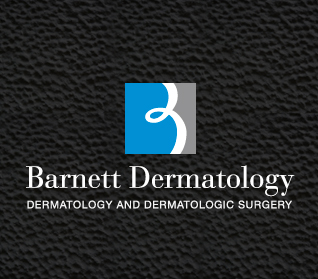NEWS & MEDIA
News & Media: Press
<- Back to Articles Overview
05/22/11
Skin Care Product Buzzwords - Things To Watch Out For
You've probably seen buzzwords like "all natural," "hypoallergenic,” “non-comedogenic,” and "patented.” Do these labels really mean anything?
Cosmeceutical companies producing skin care products rely on these buzzwords because they suggest concrete benefits that don't have to be backed up by science. As long as they don't claim to change the body's structure or function, companies don't need FDA approval to market new products to the public. Nor are they required to provide any research to prove their claims.
Another common buzzword is “clinically tested.” It does not necessarily indicate that the formula was produced in a medical clinic as the manufacturers would have people believe. Clinically tested could very well indicate that the product was tested, but what was it tested for? How exactly was it tested? What were the results? Essentially, this marketing claim has very little meaning.
Here are a few commonly misunderstood terms to be on the watch for:
1. "PATENTED" Patents can be granted to companies that manufacture or combine materials in new ways (unique formulas). However, just because something is patented doesn't mean it works.
2. "ALL NATURAL" It doesn't mean the product is organic or chemical-free.
3. "ORGANIC” The US Department of Agriculture (USDA) certifies organic food ingredients found in cosmetics, but not essential oils or plants used for cosmetic purposes. To carry the USDA Organic seal, a product must contain at least 95% organic food ingredients.
4. "HYPOALLERGENIC" Think this guarantees you will not have a reaction? Think again. These products can still contain ingredients some people are allergic to, including preservatives and fragrance.
5. "FRAGRANCE FREE" These products may not have a noticeable smell, but can still contain "masking" scents to cover up ingredients with unpleasant odors. Look for the words "no fragrance added" instead.
6. "NON-COMEDOGENIC" While non-comedogenic products are usually oil-free and therefore less likely to cause breakouts, there is no guarantee they won't. In fact, many of these “non-comedogenic” products contain dimethicone, a known acne aggravator.
7. “PREVENTS PREMATURE AGING." Consumers love this statement. If a product truly prevented premature aging by affecting or altering the structure of the skin, it would be classified as a drug and therefore would require FDA approval. Manufactures work around this by utilizing the fact that sunscreens prevent premature aging by decreasing the damaging effects of ultraviolet light on the skin. Therefore, if a product contains sunscreen, it may state "prevents premature aging” on the product or label.















